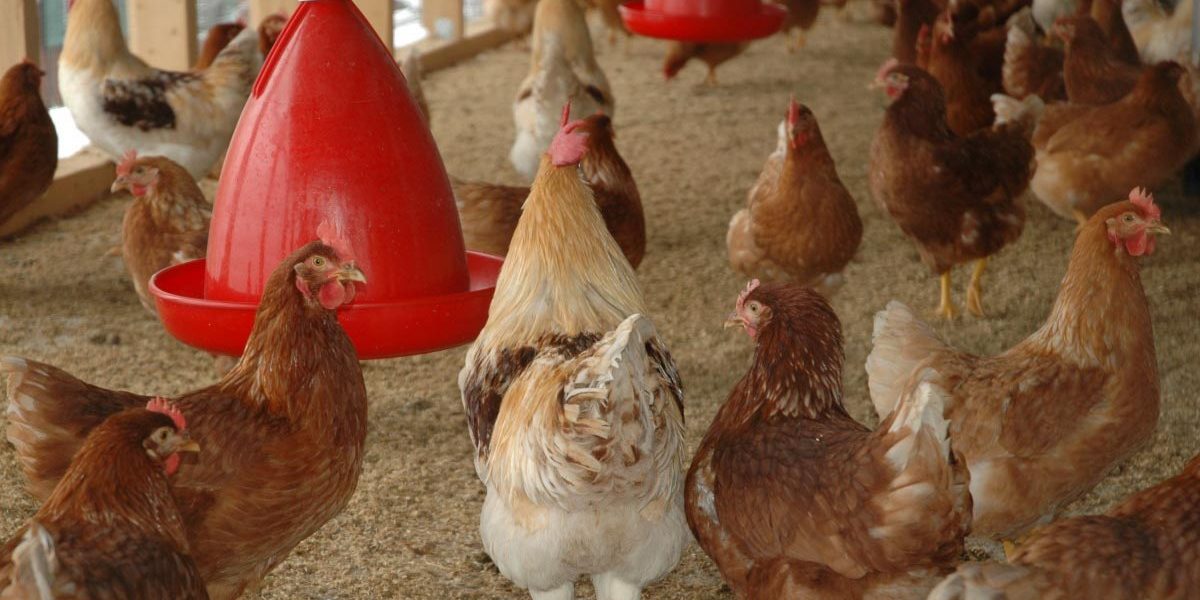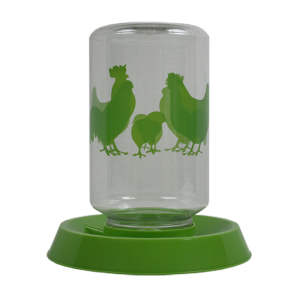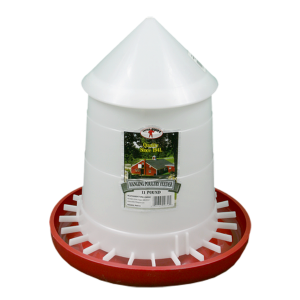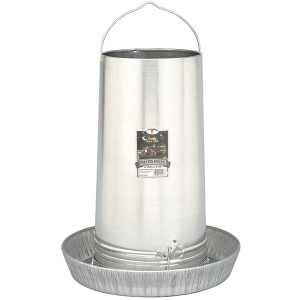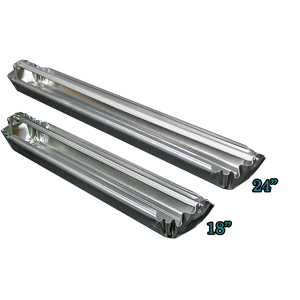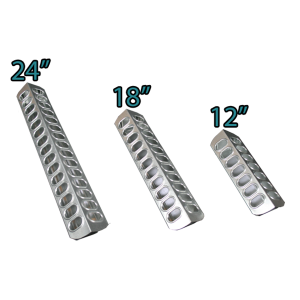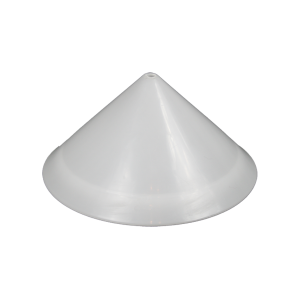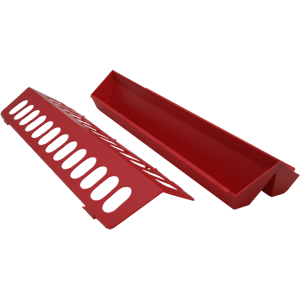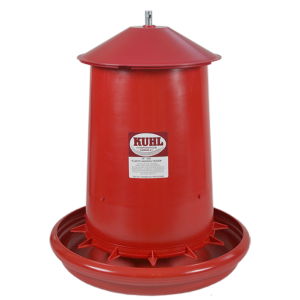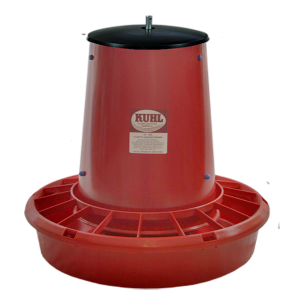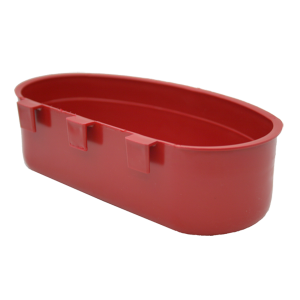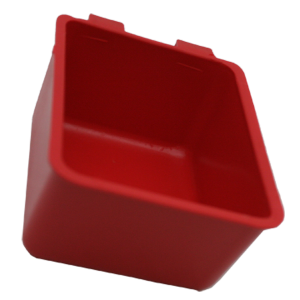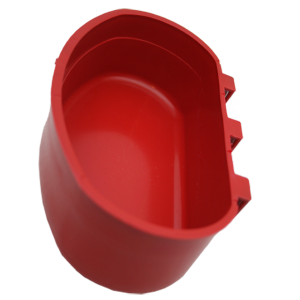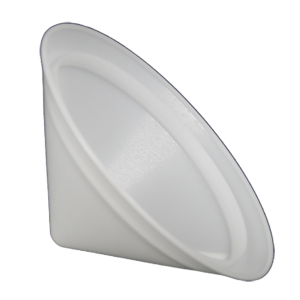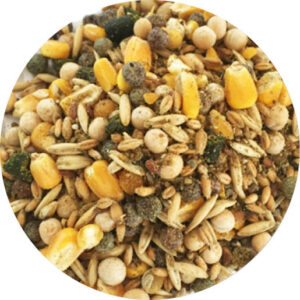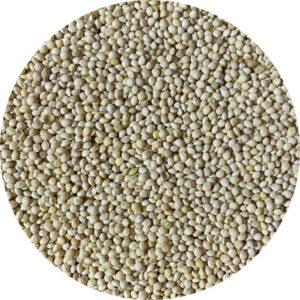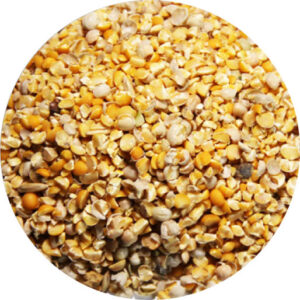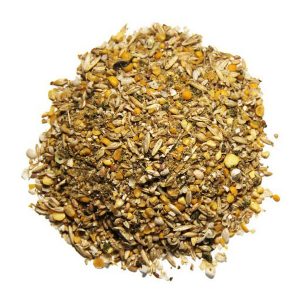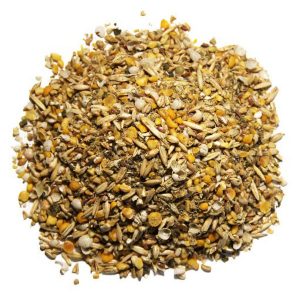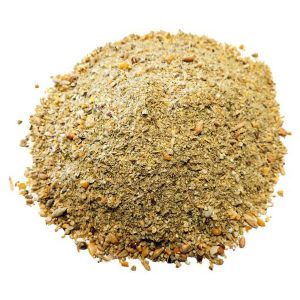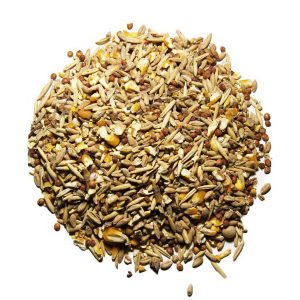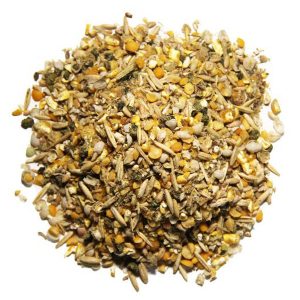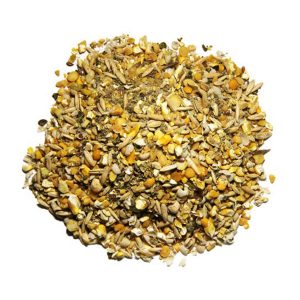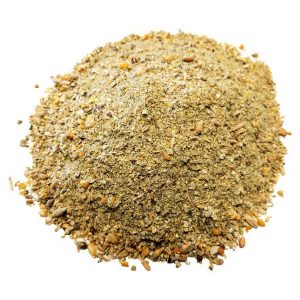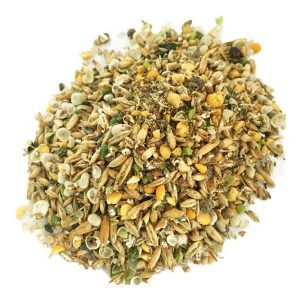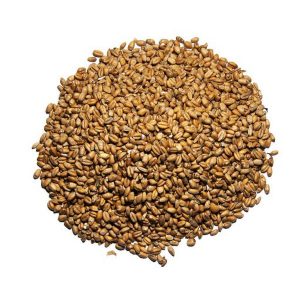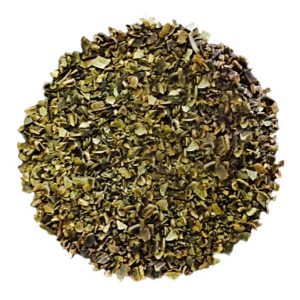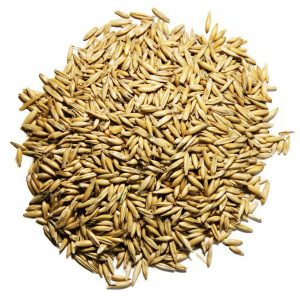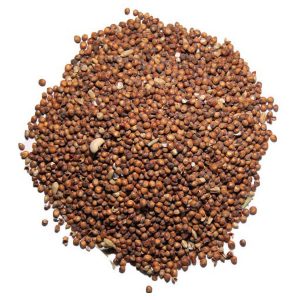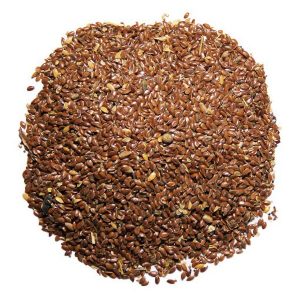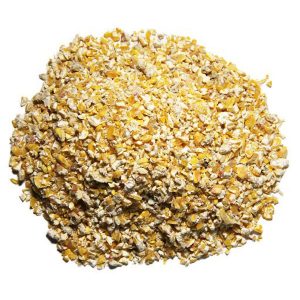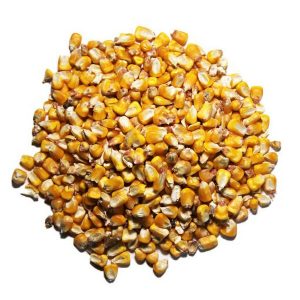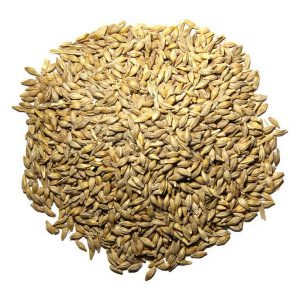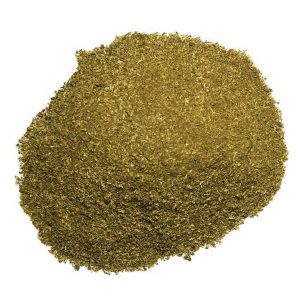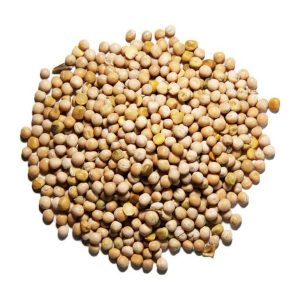It may come as a shock to you, but chickens are not vegetarians. In fact, given the opportunity, a chicken will eat a very well balanced and varied diet of fruits, vegetables, greens, grains, insects, grubs and even meat. Since their natural tendency is to consume a variety of foods, it is important that you feed your flock accordingly.
Dietary needs vary depending on what type of chicken you are feeding. Specifically, you can break the various diets into a couple categories:
Some feeds are designed for general flock feeding and are not specifically intended for one type of bird or another. If you have various birds in a free range situation, this type of food is ideal. However, if you are raising birds specifically for laying eggs or specifically for butchering, we highly recommend you tailor their diet.
Commercial feed comes in three primary forms:
- Mash: Feed that has been crushed, but its components are still identifiable by chickens
- Pellet: Reconstituted mash formed into small equally sized bites that chickens consume quickly
- Crumble: Broken up pellets that take longer to eat and keep chicken occupied
The amount of feed that a chicken consumes depends on the breed of the chicken as well her age, size and the climate or conditions she is living in. The following points illustrate how food consumption varies:
- Mature bantams only eat about ½ lb per week
- Mature egg layer eats about 2 lbs per week
- Mature dual-purpose chickens eat about 3 lbs per week
- Mature meat bird eats about 10 lbs total in order to reach butchering weight
In order to keep within your budget, you will want to purchase feed in bulk quantities. Buying small bags of feed will only cost you more per pound and result in more trips to our website! Try to purchase feed in the largest quantity you can for your flock, but keep in mind the feed will not stay fresh forever. After a couple weeks, feed will go bad, so don’t buy more than your flock can consume in that timeframe.
Instead of feeding your flock by hand, we highly recommend using feeders. If chickens run out of food, they may begin picking each other. This behavior leads to cannibalism and increases the stress level in your flock. Keeping a full feeder in your coop allows your birds to eat when they are hungry and greatly reduces the risk of boredom.
Another reason to use a feeder is that they help reduce waste. Most are designed to limit the amount of feed lost while your chickens peck for food. Feeders are categorized as follows:

